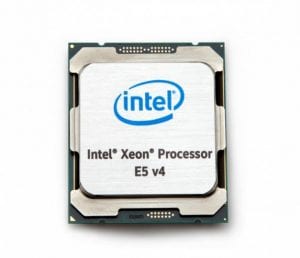Aicha Evans, the corporate vice president and general manager of Communication and Devices Group at Intel Corporation (NASDAQ:INTC), decided to leave, less than a year after being promoted to her position in the company.
Aicha Evans submitted her notice regarding her intention to vacate her role as chief of the company’s mobile phone division, according to Bloomberg based on information from people familiar with the situation. Evans has been working at Intel for a decade.
The sources requested the media company not to reveal their identity because Aicha Evans’ move is not yet revealed to the public. Laura Anderson, the company’s spokesperson declined to comment on the matter.
Aicha Evans and Intel phone processor market share
Intel is the largest chipmaker given its dominant position in the personal computer and server markets. The company invested billions of dollars and spent more than a decade to enter the phone processors market. According to Strategy Analytics, Intel had 1% market shares in phone processors by the end of 2015.
The decision of Aicha Evans to leave the company came amid speculations that its mobile phone division is close to becoming a supplier of components for Apple Inc. (NASDAQ:AAPL).
Blayne Curtis, an analyst at Barclays Capital, stated last month, “It is fairly well known at this point that Intel could get some share at Apple this year.”
Aicha Evans represented Intel during the Mobile World Congress in Barcelona in February. She outlined the company’s plans to make its technology as the key to the upcoming 5G, phone networks, and devices.
New technologies and partnerships
Yesterday, Intel announced a range of new technologies, investments, and industry partnerships to make the deployment of agile and scalable clouds easier and allow businesses to deliver new services faster and drive revenue growth.
Diane Bryant, senior vice president and general manager of Intel’s Data center Group, said, “Enterprises want to benefit from the efficiency and agility of cloud architecture and on their own terms – using the public cloud offerings, deploying their own private cloud, or both. The result is pent-up demand for software-defined infrastructure. Intel is investing to mature SDI solutions and provide a faster path for businesses of all sizes to reap the benefits of the cloud.”
Intel partnered with CoreOS and Mirantis to bring together two of the most popular open source technologies to orchestrate container and virtual machine-based applications.
The company also collaborated with VMWare to accelerate cloud deployments, and inked a partnership with Cloud Native Computing Foundation to create the world’s largest cloud testing cluster for applications.










